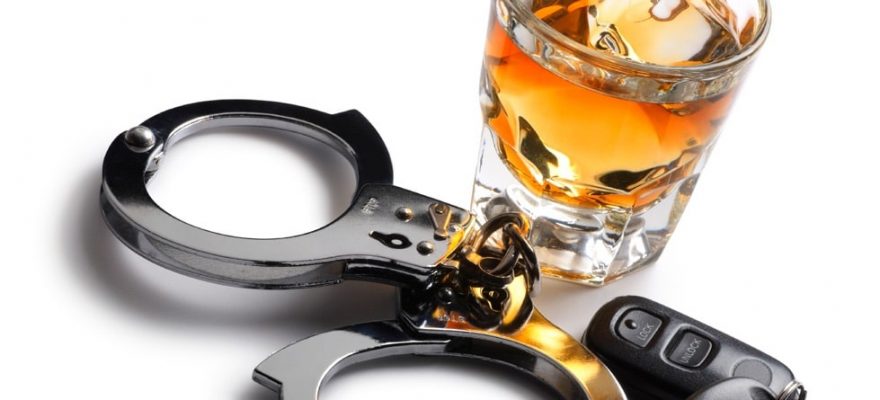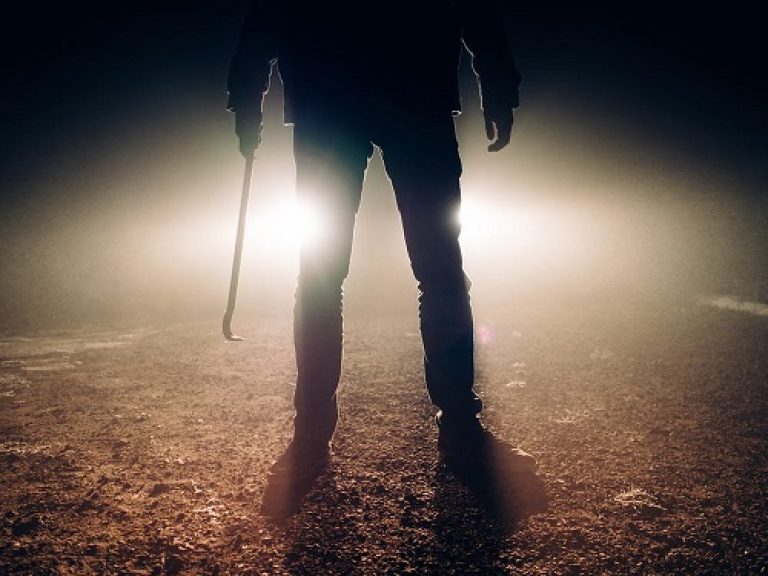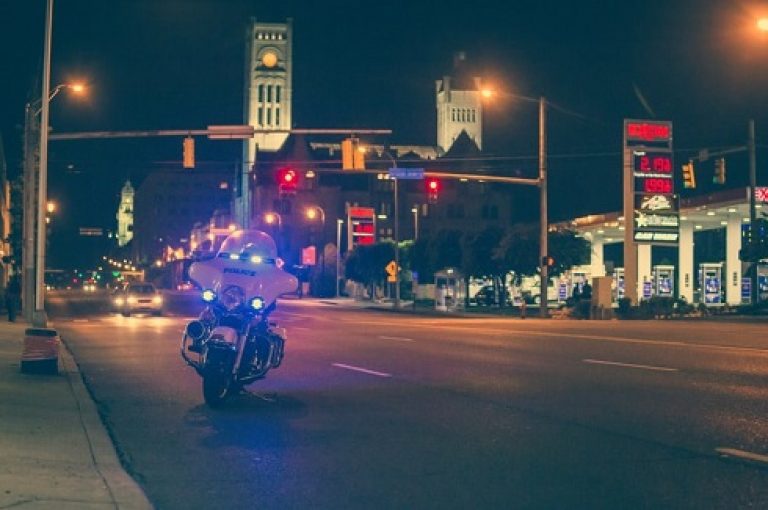Driving under the influence of alcohol or drugs is never a good idea. One major mistake that many people make is relying on how they feel to determine if they can drive. You may think that you are OK to drive when in reality, you are over the legal limit. As a result, your reaction time will increase while your attention to the road decreases. Remember, you can never know how intoxicated you may be. Several factors can affect your blood alcohol content. For more information on what affects BAC, read our blog, “What affects BAC?” After drinking a couple of drinks you may exhibit signs of impairment. When am I considered to be driving under the influence? Police officers are on the lookout for any signs of impairment. Signs of impairment include slurred speech, redness in the eyes, and an odor of alcohol. Additionally, police look for unsteadiness, nervousness or inappropriate behavior. None of these, taken alone, would constitute probable cause for a DUI arrest. Yet, these signs serve as grounds to request roadside, blood or breath tests. If you are not driving under influence, these tests will be an inconvenience. But, police will use these tests to document any signs of impairment. What should I do if I’m pulled over on suspicion of DUI? Remain calm The very first thing to remember when the police pull you over for any reason is to keep calm. It doesn’t matter if you have done something wrong. The police will report on whether you cooperate with them. Remain Silent The first thing the police will do is to ask you for your license and registration. you should give them that information or risk a citation for not doing so. After giving a police your license and registration may refuse to answer any more questions that they put to you. Remember, Police will use anything you say or do against you. They are looking for signs of impairment. If you admit to drinking several beers and driving from a bar, the police will use that against you. Should I refuse the Roadside tests? The answer to this question will vary depending on the test. Roadside tests, such as the walk and turn, Horizontal Gaze Nystagmus, and one leg stand are voluntary. A police officer cannot force you to perform the roadside tests. All you need to do is refuse the roadside tests if it is your choice not to take part in these tests. You can also refuse the portable breath test without losing your license for doing so. Should I refuse the blood or breath test? The situation with blood and breath tests may seem similar on the surface, but are, in fact, very different. By law, you can refuse to take these tests, but at a cost. You could lose your driver’s license for one year. In cases of a refusal, a person may be eligible to reinstate their license after sixty days. Blood or breath tests If you decide to take a breath test and the results are 0.08 or above, you could lose your license for nine months. The police officer will take you driver’s license from you at the scene. If you decide to take a blood test, the officer will have to send in the blood sample to a lab before the results come back. While waiting for the results of the blood tests, you will keep your driver’s license. An adult driver with a BAC of 0.08 or more may be able to reinstate their driver’s license after thirty days. What else to keep in mind You should always be aware of your rights and responsibilities to know exactly what you should do if you are pulled over for a DUI. If you have consumed any amount of alcohol, consider taking a cab, uber, or Lyft home. It is not worth risk. It is always a good idea to hire an experienced and knowledgeable DUI attorney before facing charges in court. Musell Law aggressively defends against all types of DUI charges. If you face DUI, felony DUI, or driving under the influence of drugs or marijuana, contact Musell Law for help.

What you should know about driving under the influence before you get behind the wheel
Subscribe to receive Colorado criminal law updates.
We will send you updates on Colorado criminal law after each legislative session.
top posts
more articles

Robbery Lawyer in Denver
The crime of robbery occurs in Denver when someone knowingly takes anything of value from another person via the use of threat, force, or intimidation. There are three different charges associated with the crime of Robbery in Colorado. Simple Robbery, Aggravated Robbery, and Aggravated Robbery of Controlled Substances apply to this crime. The underlying factor

2nd Degree Assault Attorney in Boulder | Intentionally Hurting Another
2nd degree assault in Boulder and Longmont is an offense that stems from intentionally injuring another person. While the injuries themselves aren’t considered serious in this crime, a felony still applies. Claims that you caused someone’s physical pain, illness, or impairment can lead to this type of assault charge. Furthermore, use of deadly weapons often

Impersonating a Peace Officer | Sedan Draws Investigation
Impersonating a peace officer in Boulder County is a crime that involves pretending to be police and taking further action under that disguise. Whenever a person presents themselves as a peace officer and acts in that false role, criminal charges can follow. Earlier this month, authorities began investigating reports of someone dressed in a police
